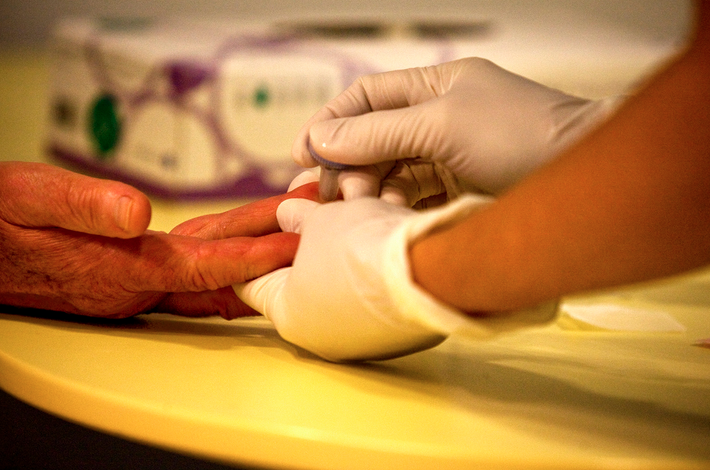Outcomes Based Healthcare and Big Data Partnership won a £1 million grant to develop a platform that gives physicians predictive insight into potential complications of diabetes.
Big Data and Diabetes
Outcomes Based Healthcare and Big Data Partnership, both from the UK, have won a £1 million grant from Innovate UK to develop a more personalized, data-based approach to improving health outcomes for people with diabetes.
This project will take big data and predictive analytics to a new level, giving physicians the ability to estimate not just the cost of care or chance of readmissions, but to accurately predict a patient’s outcomes.
A physician’s ability to use data science to guide the pre-treatment of potential complications, such as heart attack, stroke, eye disease, kidney disease, and limb amputations, could greatly improve the quality of their patients’ lives.
Diabetes is a disease involving the pancreas, the organ responsible for the production of insulin. The hormone insulin helps carry glucose into the body’s cells. If a patient does not make enough insulin, blood glucose levels get too high; this is diabetes.
There are two common types of diabetes. In type 1 diabetes, the body no longer makes insulin or enough insulin as a result of the body’s immune system. Type 2 diabetes tends to develop over time, beginning with a resistance in the cells to insulin; this resistance taxes the pancreas to make increasing levels of insulin in order to keep up with glucose.

Source: Oskar Annermarken (Flckr: CC)
The Geography of Diabetes
The International Diabetes Federation estimates that 387 million people in the world have diabetes, for a global prevalence of 8.3 percent.
There are a number of factors driving the diabetes epidemic, including poor diet, reduced physical activity, and a longer life expectancy.
With the number of people living with type 2 diabetes increasing in every country, some 592 million people are expected to have diabetes by 2035.
Predictive Analytics Can Reduce Care Costs While Improving Lives
The innovative project proposed by Outcomes Based Healthcare and Big Data Partnership will use machine learning to analyze large amounts of linked health and non-health data. Correlations and patterns in the data will be identified to allow greater precision in care delivery.
The technology will give healthcare providers predictive insight into exactly which patients will develop complications, as well as when and how to pre-treat them.
Mike Merritt-Holmes, CEO and cofounder of Big Data Partnership, believes big data holds the secrets to many business and social challenges. For him, this new project applies “the latest industry thinking and technology to big data from lifestyles, medication, environment, and diet to discover a truly innovative way to approach healthcare.”
Dr. Nasrin Hafesparast, a valued member of the Outcomes Based Healthcare team, thinks data science can bridge the “information gap” between physicians and their patients. In her TEDx talk, Dr. Hafesparast quotes Hippocrates:
“It is more important to know what sort of a person has a disease, than to know what sort of disease a person has.”
By uncovering huge quantities of information not typically found in medical records, data scientists are able to see correlations between geographic location, behavior, diet, and disease. An easy-to-use platform will bring this information into context, making it a searchable tool that physicians can easily consult in their offices.
According to Outcomes Based Healthcare founder and CEO Dr. Rupert Dunbar-Rees, healthcare costs are rising quickly in part because physicians are “treating people with drugs and interventions without being sure exactly who will benefit from any given treatment.”
With the help of big data linked directly to patient outcomes, the partnership’s project could disrupt current disease management.
Jenn Lonzer has a B.A. in English from Cleveland State University and an M.A. in Health Communication from Johns Hopkins University. Passionate about access to care and social justice issues, Jenn writes on global digital health developments, research, and trends. Follow Jenn on Twitter @jnnprater3.

